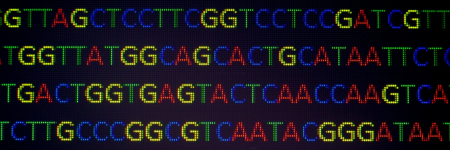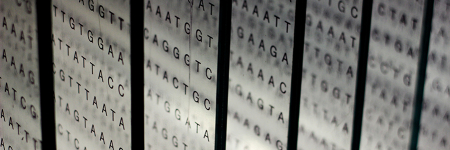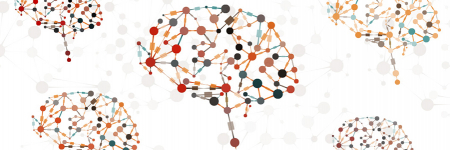
Food, glorious food and its bitter aftertaste
As the annual Brussel sprout debate approaches, the difference between those who love or loathe them seems to be determined by our DNA

The challenge of variant classification
Exploring the complex issue of interpretation - can updated standards and guidelines help achieve increased clarity and consistency?

The life of a cell
From the 17th century to the latest Nobel Prize winner - could we now be closer than ever in our understanding of the building blocks of all life?

Liquid biopsy – a new era in personalised medicine?
Examining the promises and challenges of exciting advances taking place in genetic testing, aiming to improve diagnosis and reduce patient risk

A shot of young blood: from the divine to epigenomics
Exploring the evolution of the blood transfusion, from 17th century experiments to cell rejuvenating potential of new treatments

Genomics and intellectual disability
Looking into the future of genetic testing for developmental disorders and the promise of genomic insight yet to come

4.50 from Paddington to Genomics
A look at the journey from arsenic and ancient alchemy to modern-day pharmacogenomics

The omics revolution
Genomics is changing medicine, providing insight into diagnosis of cancer and rare disease - but what could other 'omics' sciences reveal?

Genomes, microbiomes and mitochondria
Making sense of the fantastical and complex world of cells, their impact on health and potential discoveries from further research

The perils of clinical interpretation of genomic variants
A recent US legal case puts genetic testing and laboratory best practice under scrutiny

Consciousness and the ‘brain-in-a-dish’
Could advances in genomics help neuroscientists reveal more about the power of the human brain?

Shooting the messenger: therapeutic targeting of RNA
As scientists learn more about the crucial role of ‘messenger’ molecules, many see effective targeting as the missing link in our treatment of disease


